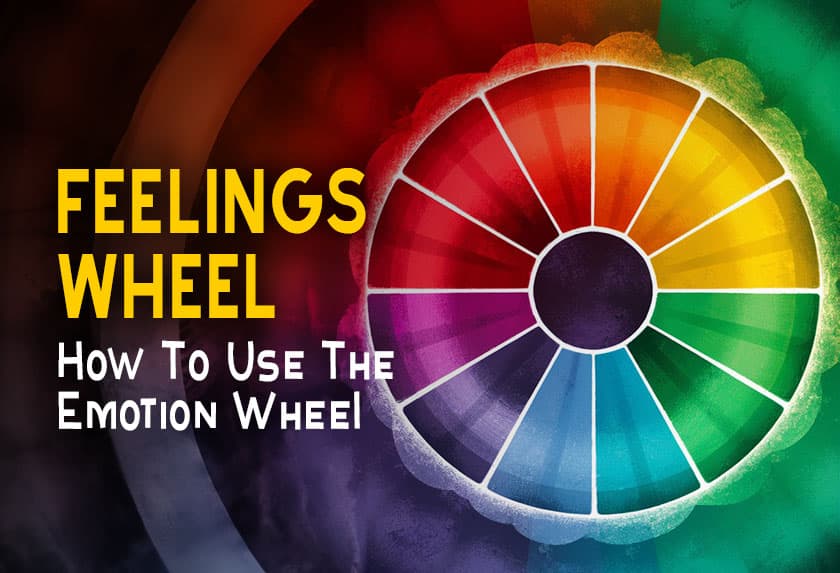If you ask most people what an alcoholic looks like, they’ll describe someone who’s constantly drinking and is unable to maintain work, family, and personal relationships.
But it’s not always that simple.
Even though some people abuse alcohol, they still seem fine. And that’s why they’re described as a “functioning” or “high-functioning alcoholic.”
You may have a good job, great social life, fabulous relationship, and amazing house – but even if your drinking problem is “mild,” it’s still a problem that you may need help for.
Recognizing the signs of alcoholism is the first step toward smart recovery and limiting alcohol’s detrimental impact on your body, so let’s explore this in more detail below.
Are You in Denial?
If you’re a functioning alcoholic, you might not act the way people expect you to. You may be in a position of power and be productive and responsible, for example. And these successful attributes may mean other people overlook your drinking.
Equally, it may also cause a sense of denial within you. Because you’re successful, you can’t be an alcoholic, right? And because you haven’t lost anything through alcohol abuse, you must be OK?
Unfortunately, no.
Over time, heavy drinking will start to take its toll on your responsibilities, making it difficult for you to maintain the commitments and relationships you have.
What Are the Signs of a High-Functioning Alcoholic?
What’s classed as “heavy drinking?”
For men, it’s 14 drinks a week or 4 or more each day. For women, it’s 7 drinks a week or 3 or more each day.
However, the amount isn’t the only indicator, as there are some other warning signs to watch out for:
- Forgetting what you’ve done after you’ve had a drink
- Joking about having a drinking problem
- Struggling to maintain relationships and responsibilities at school, work, or home
- Drinking when you’re on your own or in a morning
- Getting into trouble through drinking, e.g. DUI
- Hiding alcohol, denying you’re drinking, or getting angry when people ask you if you’re an alcoholic
- Making excuses for your drinking
- Planning vacations around drink, e.g. booking to go on a wine tour or taking part in numerous bar crawls
What Are the Risks of Being a High-Functioning Alcoholic?
Despite the fact you may seem in control, you could be putting yourself and others in danger by blacking out, engaging in risky sexual encounters, or driving under the influence.
Heavy drinking also comes with other health risks, including high blood pressure, severe memory loss, brain damage, some types of cancer, pancreatitis, and liver disease.
More worryingly still, it also makes you more likely to die in a car accident or through suicide or murder. And abusing alcohol increases the chance of fetal alcohol syndrome, child abuse and neglect, and domestic violence.
Getting Help
Alcohol recovery is just like any other form of addiction treatment. You can ask your doctor for help and they will be able to put you in touch with specialist persons or organizations.
You may work one-on-one with a counselor, or you may find it beneficial to stay at a recovery house. With dedicated programs tailored toward substance abuse issues, they can help you break through your denial so you can recover from being a functioning alcoholic.













